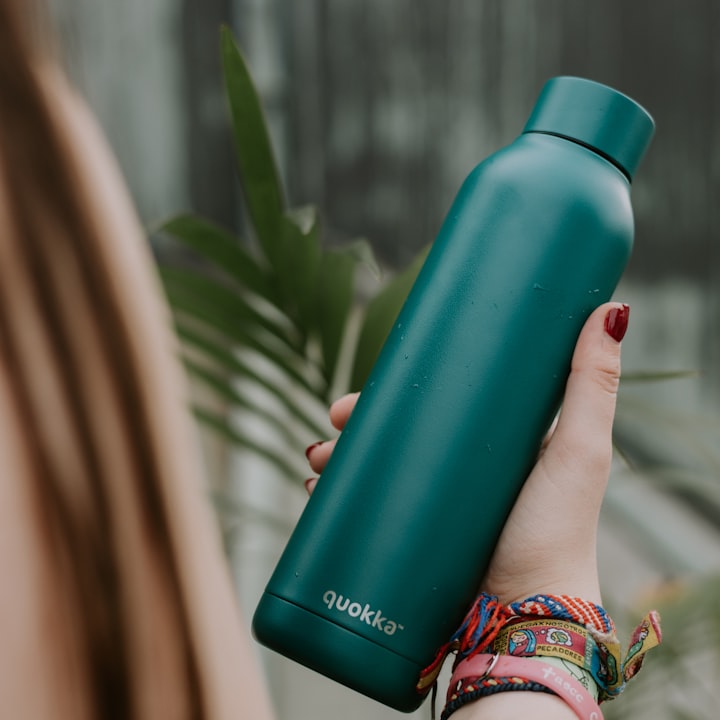
Introduction:
Reusable water bottles are widely used by people of all ages, whether it's to stay hydrated while on the go, reduce plastic waste, or simply because it's more convenient than buying bottled water. However, many people are concerned about the potential for bacterial growth in reusable water bottles, which can pose a risk to their health. In this article, we will explore the topic of reusable water bottles and bacteria, and provide some practical tips on how to minimize the risk of bacterial contamination.
Understanding Bacteria:
Before we dive into the specifics of bacteria and reusable water bottles, it's important to understand what bacteria are and how they grow. Bacteria are single-celled microorganisms that can be found virtually everywhere, including in soil, water, and air. Some types of bacteria are beneficial and necessary for human health, while others can cause illness and disease.
Bacteria thrive in moist environments, and they require a source of nutrients to grow and multiply. In the case of reusable water bottles, the nutrients can come from the residue of liquids that are left behind after drinking. This residue can provide an ideal breeding ground for bacteria, especially if the bottle is not cleaned properly.
Types of Bacteria that Can Grow in Water Bottles:
There are many types of bacteria that can grow in reusable water bottles, including E. coli, Salmonella, and Listeria. These bacteria can cause a range of illnesses, from mild gastrointestinal upset to more serious infections that can be life-threatening.
E. coli is a type of bacteria that is commonly found in the intestines of humans and animals. While most strains of E. coli are harmless, some can cause severe diarrhea and abdominal cramps.
Salmonella is another type of bacteria that can cause food poisoning. It is usually found in contaminated food and water, but it can also grow in the residue of liquids left in reusable water bottles.
Listeria is a type of bacteria that can cause listeriosis, a serious infection that can lead to meningitis, sepsis, and other complications. Listeria can grow in a wide range of foods, including deli meats and soft cheeses, but it can also thrive in the moist environment of a reusable water bottle.
How to Clean Reusable Water Bottles:
Cleaning your reusable water bottle regularly is the best way to minimize the risk of bacterial contamination. Here are some tips for cleaning your water bottle effectively:
Use hot, soapy water: Use hot water and soap to clean your water bottle thoroughly. Be sure to scrub the inside of the bottle with a brush or sponge to remove any residue that may be present.
Rinse well: After cleaning your water bottle, rinse it well with hot water to remove any remaining soap residue.
Dry completely: Allow your water bottle to dry completely before using it again. Bacteria thrive in moist environments, so it's important to make sure your water bottle is completely dry before storing it.
Use a dishwasher: If your water bottle is dishwasher-safe, you can clean it in the dishwasher. Be sure to place it on the top rack, and use a hot water cycle to ensure that it is thoroughly cleaned.
Use vinegar: You can also use vinegar to clean your water bottle. Simply mix equal parts vinegar and water, and pour the mixture into your water bottle. Let it sit for a few minutes, then rinse well with hot water.
Conclusion:
Reusable water bottles are a great way to stay hydrated while on the go, but it's important to be aware of the potential for bacterial growth. By understanding the types of bacteria that can grow in water bottles, and taking steps to clean them properly, you can minimize the risk of illness and stay healthy. Remember to clean your water bottle regularly with hot, soapy water, rinse it well
About the Creator
mozhib
Create your own thoughts






Comments
There are no comments for this story
Be the first to respond and start the conversation.